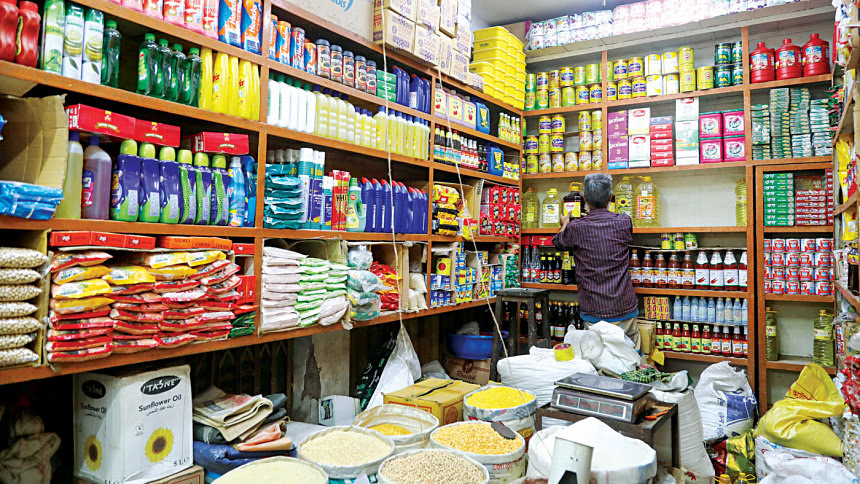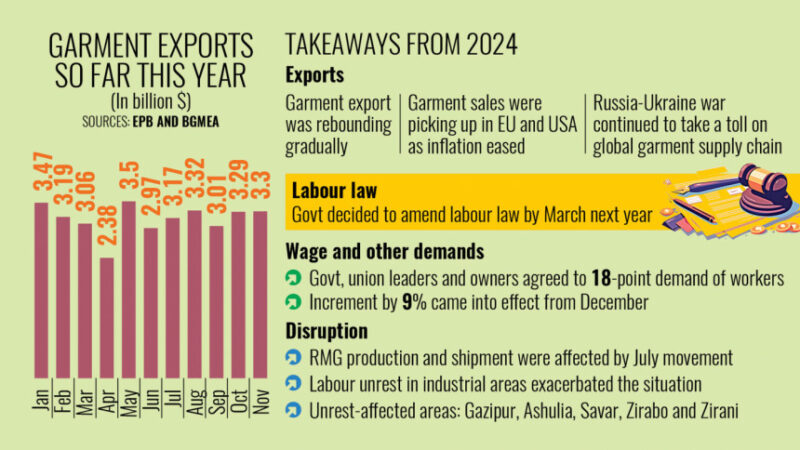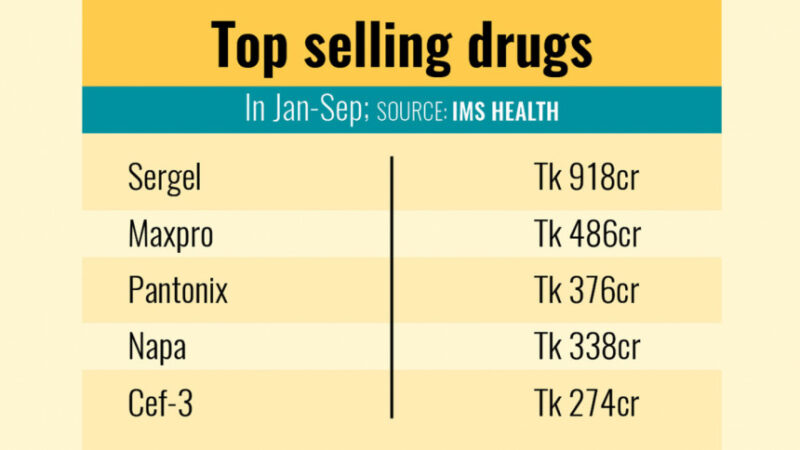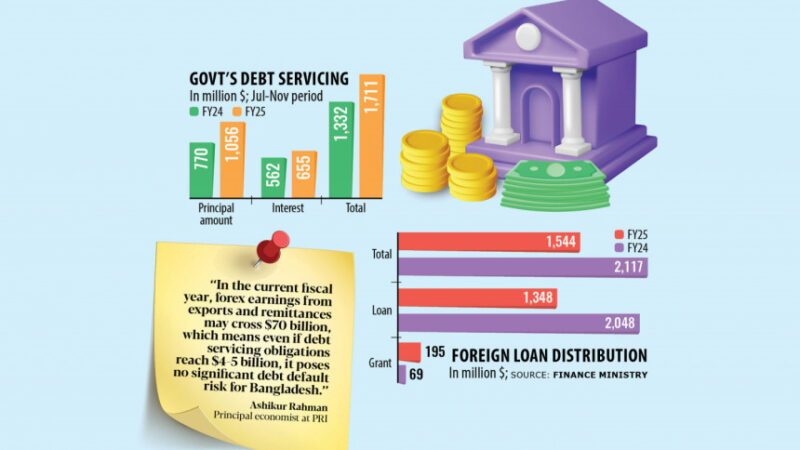Global commodity prices may drop in 2025. Can Bangladesh benefit from it?

Global commodity prices are projected to decrease in 2025, but Bangladesh may fail to reap the benefits if the depreciation of the local currency continues.
Bangladesh relies heavily on imports of essential food items such as edible oils, lentils, onions, sugar, and spices, which saw a 5 percent year-on-year price increase in December.
Businesspeople warn that a stronger US dollar will further drive up the cost of imports and worsen inflation.
After four months of relative stability, the US dollar surged in December, raising import costs.
Importers are currently opening letters of credit at Tk 127 or Tk 128 per dollar, adding pressure on businesses and consumers alike.
The World Bank, in its October Commodity Market Outlook, forecasted a 5 percent decline in global commodity prices in 2025 and a further 2 percent drop in 2026.
The report also predicted the World Bank’s aggregate commodity price index will hit its lowest level since 2020.
Energy prices are expected to lead to the decline, with the energy price index projected to fall by 6 percent in 2024 and another 6 percent in 2025, followed by a 2 percent drop in 2026.
Brent crude oil prices are forecast to average $80 per barrel in 2024, dropping to $73 in 2025 and $72 in 2026.
However, stable prices for metals and agricultural commodities and rising natural gas costs may moderate the overall decline.
The World Bank noted that the annual average oil prices are likely to fall for four consecutive years, settling slightly above 2021 levels.
Taslim Shahriar, senior assistant general manager at the Meghna Group of Industries, one of the biggest local commodity importers and processors, said 2025 could bring relief for Bangladeshi consumers.
However, he mentioned that if the taka continues to weaken, the benefits of the declining global prices may not fully be gained.
Shahriar also said that the price of the US dollar has risen from Tk 122 to Tk 128-129 in recent weeks.
While soybean prices have already dropped globally, sugar prices could decrease further if production improves in India and Thailand.
Wheat supply is also stable, and prices are expected to decline, along with soybean oil, he added.
Bangladesh has been grappling with inflation above 9 percent since March 2023.
To curb inflation, the central bank raised the policy rate five times this year to 10 percent.
Additionally, a crawling peg exchange rate introduced in May allowed banks to trade US dollars freely within a range of Tk 117.
Moinul Khan, chairman of the Bangladesh Trade and Tariff Commission, told The Daily Star that consumers in Bangladesh will enjoy some of the benefits of the World Bank’s forecast in 2025.
The prices of some consumer goods have been on a downward trend for the past 15 days or a month, he said.
Besides, the government has taken various tax and duty related measures to keep the prices of essential commodities under control, he mentioned.
In addition, some non-tariff related barriers were removed in some products, Khan said.
On the other hand, the US dollar has also created a place of relief, because remittance rose 14 percent in November.
Remittances sent home by Bangladeshis living abroad rose 14 percent year-on-year to $2.2 billion in November, according to Bangladesh Bank’s data.





